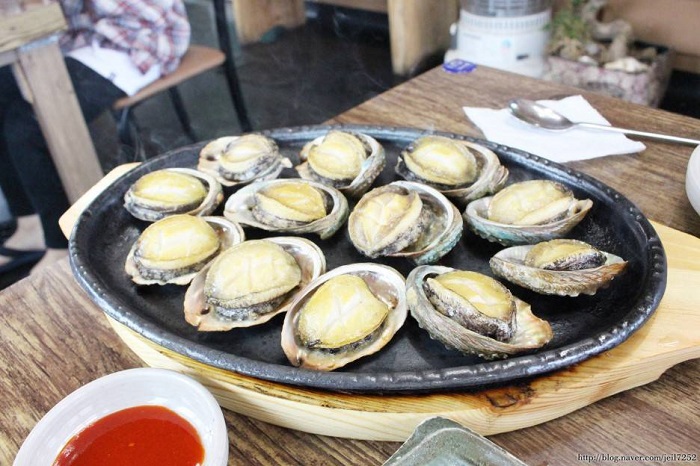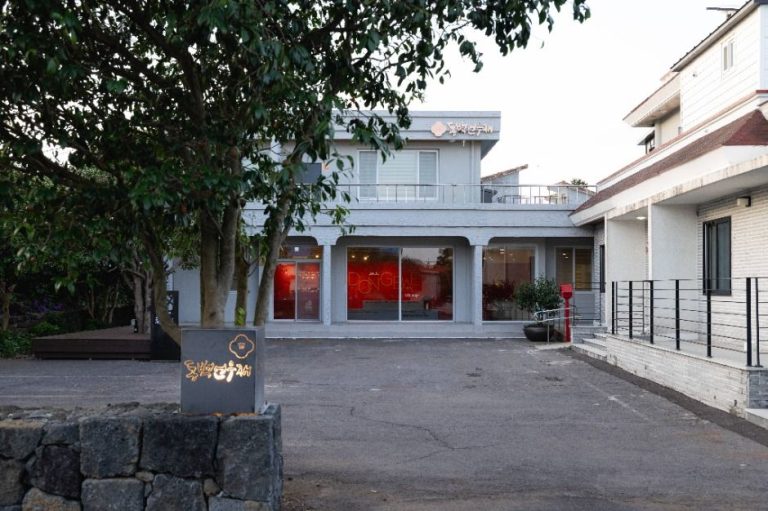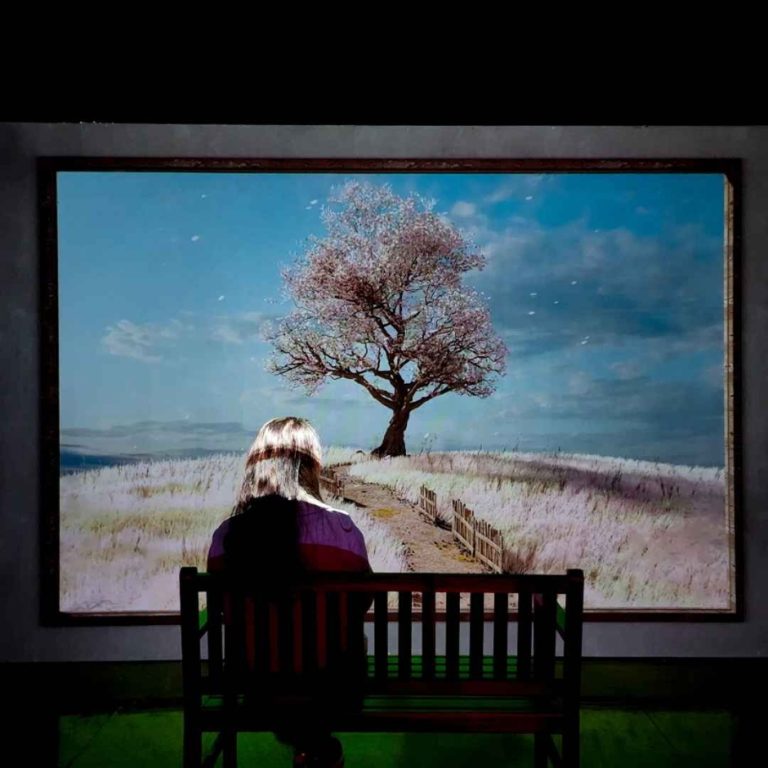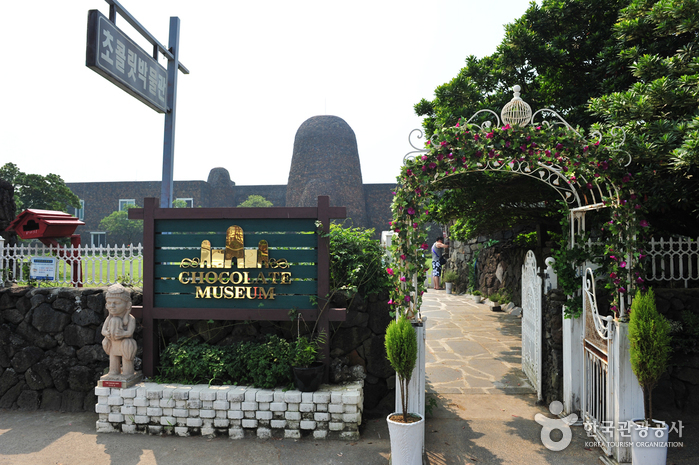Myeongjin Jeonbok (명진전복)
Myeongjin Jeonbok (명진전복)
 – Tel
– Tel
+82-64-782-9944
Myeongjin Jeonbok specializes in fresh abalone dishes, using abalones sourced directly from its adjoining farm. The menu features a variety of offerings including jeonbok gui (grilled abalone), jeonbokjuk (abalone porridge), jeonbokhoe (sliced raw abalone), and jeonbok dolsotbap (abalone hot stone pot rice). Ther restaurant’s signature dish is the jeonbok dolsotbap (abalone hot stone pot rice), a savory hot stone pot rice topped with abalone, pumpkin, and sweet potatoes. Having been featured on numerous TV shows, Myeongjin Jeonbok is popular among both locals and tourists.
– Address : 1282 Haemajihaean-ro, Gujwa-eup, Jeju-si, Jeju-do
※ Presentation Information
– Main Dish
Jeonbok dolsotbap (Abalone hot stone pot rice)
– Information and Guides
•1330 Travel Hotline: +82-2-1330
(Korean, English, Japanese, Chinese)
• For more info: +82-64-782-9944
– Menu
Jeonbokjuk (Abalone porridge), Jeonbok gui (Grilled abalone)
– Opening Hours
09:30-21:30
– Parking
Available
– Day Off
Tuesday
– Smoking Area
Non-smoking
◎ Nearby Tourism Infobox
⊙ Olive Young – Jeju Sehwa Branch [Tax Refund Shop] (올리브영 제주세화점)
–
⊙ Sehwa Beach (세화해변)
View detailed guide on Korea Trip Guide →
– Homepage
www.visitjeju.net
– Tel
+82-64-740-6000
Sehwa Beach, located in Sehwa-ri in Gujwa-eup, is a white sandy beach with black basalt that harmonizes perfectly with the emerald waters. Sehwa Beach is well-known in Jeju Island due to its close proximity with Bellongjang Market and Sehwa Folk Fifth-day Market, opening right next to Sehwa Beach, as well as the flea market at Bellongjang Market attracting many visitors.
⊙ Haenyeo Museum (해녀박물관)
View detailed guide on Korea Trip Guide →

– Homepage
http://www.jeju.go.kr/haenyeo/
– Tel
+82-64-782-9898
The culture of Jeju’s female divers, known as haenyeo, which has been inscribed as a UNESCO Intangible Cultural Heritage of Humanity. It exhibits the history of Jeju’s haenyeo culture dating back to ancient times, with all the exhibits donated by the haenyeo themselves. The museum even features a replica of a haenyeo’s house and provides detailed exhibitions on their food culture, upbringing, semi-agricultural and semi-fishing culture, yeongdeunggut, and more.

![S-Market – Jeju Yeon-dong Branch [Tax Refund Shop] (에스마켓 제주연동)](https://ktrip.blogsailing.com/wp-content/uploads/2025/11/2887971_image2_1-1-20251124-033724.jpg)

![Venus – Seogwipo Branch [Tax Refund Shop] (비너스 서귀포)](https://ktrip.blogsailing.com/wp-content/uploads/2025/11/2887726_image2_1-1-20251124-033403.jpg)

![Ziozia – Jeju Yeon-dong Branch [Tax Refund Shop] (지오지아 제주연동)](https://ktrip.blogsailing.com/wp-content/uploads/2025/11/2887175_image2_1-1-20251124-030519-768x576.jpg)
